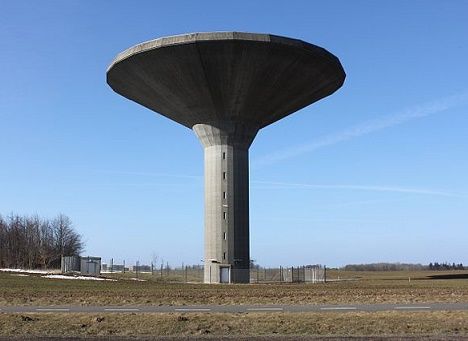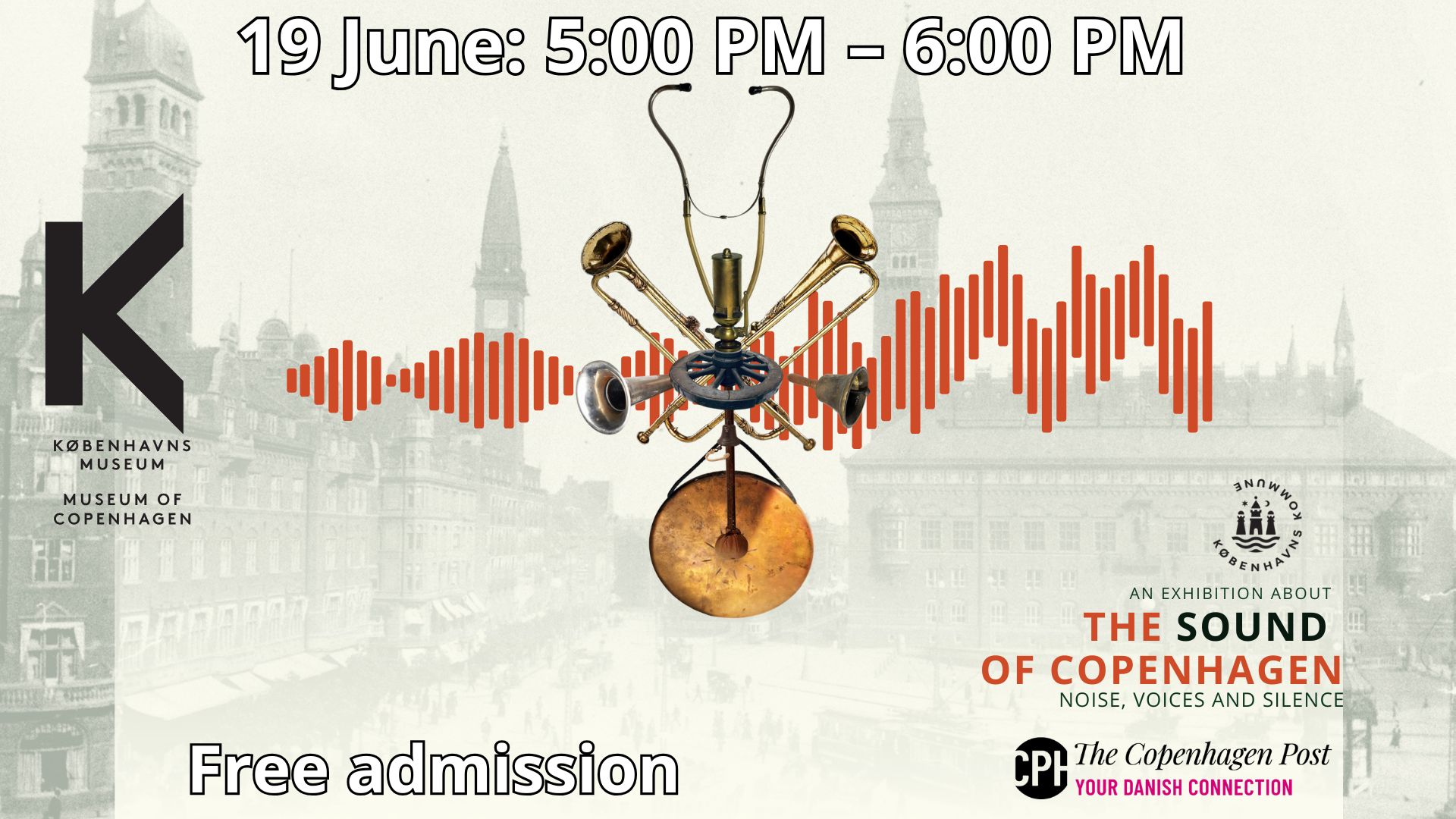New information reveals that warnings about a potentially hazardous pesticide residue in drinking water have been ignored for over a decade.
The Miljøstyrelsen environmental authority has admitted to being warned about the chemical desphenyl chloridazon as far back as 2007, reports DR Nyheder.
READ ALSO: One in ten Danish drinking water sources are contaminated
The chemical, found in drinking water in many places in Denmark, results from the breakdown of the chloridazon spray used as a weedkiller under the name Pyrazon in the cultivation of beetroots, onions and turnips from 1964-1996. During this period, 1.2 million kilos were sprayed on Danish fields.
An unknown quantity
The problem is that nobody knows for sure whether this chemical is toxic or not. “Hopefully it’s not toxic. I say ‘hopefully’ because we just don’t know whether this substance can damage nerves, the immune system or disturb our hormonal balance,” said Professor Philippe Grandjean from the environmental medicine department of the University of Southern Denmark.
One of the reasons the chemical has not been detected earlier is that it has not been on the list of pesticides to look out for when analysing drinking water. At present, this comprises 35 pesticides, but that is far from enough, according to Grandjean.
“There are several hundred potential options but it was decided to look out for 30-35 at a time when it was thought these were the most important ones. But there we made a mistake because chloridazon has now been found,” he added.
Warnings overlooked
Back in 2007 the national research and advisory organisation GEUS sent a report to the environmental authority recommending that selected drinking water wells be tested for desphenyl chloridazon.
The following year the authority received further warnings from GEUS and also from the regions and municipality association Kommunernes Landsforening
It was only in the summer of 2017 that the environmental authority decided to test for the chemical as a routine.
At present, a working group under the auspices of the Drikkevandspanel drinking water panel is working on a new and expanded list of substances that should be tested for when drinking water is analysed.














